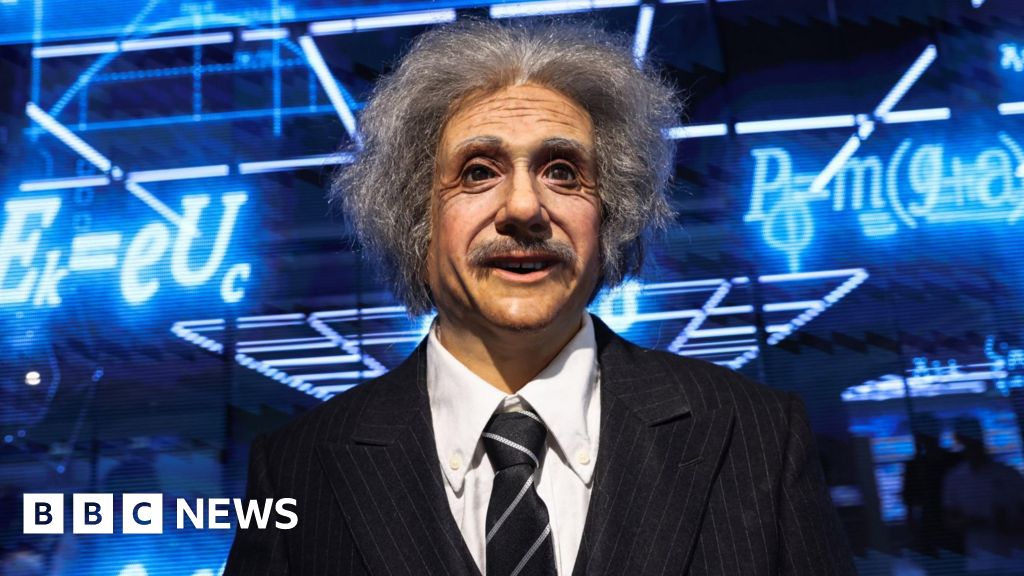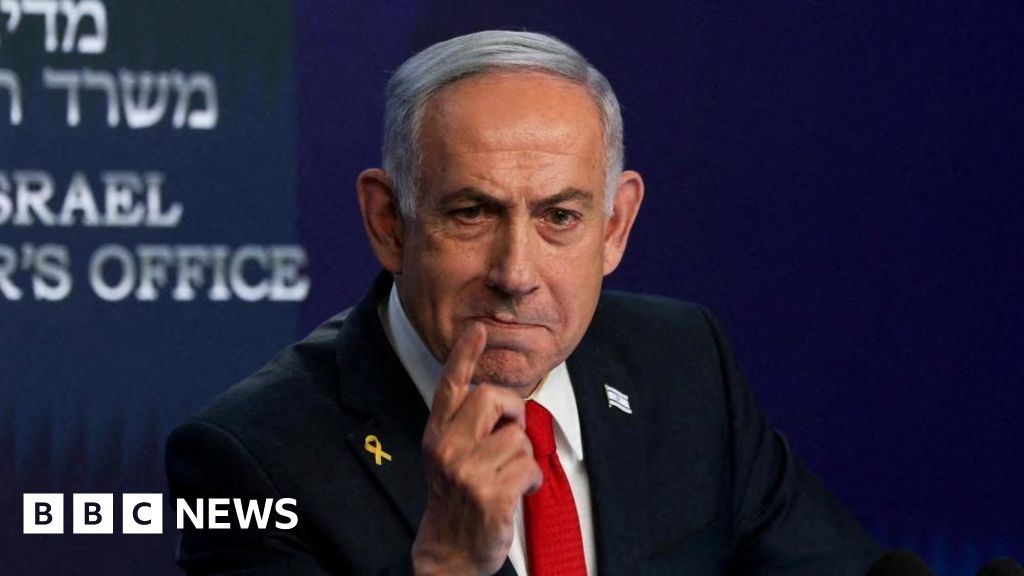Mayo Clinic Joins List of Employers Sued for Denying Religious Exemptions to COVID Vaccine Mandates

Source: Children’s Health Defense
The Mayo Clinic in Minnesota violated federal law when it refused a security guard’s request for a religious exemption from the COVID-19 vaccine mandate, according to a lawsuit filed last week.
The lawsuit is one of thousands submitted by the U.S. Equal Employment Opportunity Commission (EEOC) since the COVID-19 workplace mandates began. In fiscal year 2022, almost 14,000 complaints were filed with the agency.
The Mayo Clinic imposed a mandatory COVID-19 vaccination policy in October 2021. All employees were required to be vaccinated or get a religious or medical exemption by Dec. 3, or be fired, according to court documents.
Security guard Cody Schultz submitted his request for a religious exemption on Nov. 1, 2021, stating his sincere religious objections to the COVID-19 vaccine as a member of the Assemblies of God Church. His request, which detailed how taking the vaccine would violate his beliefs, cited passages from the Bible supporting his statement.
He also said he would be willing to wear a mask and to test for COVID-19 as part of the requested accommodation.
On Nov. 21, 2021, Mayo denied the request, saying Schultz didn’t meet the criteria for a religious exemption. He applied for reconsideration the following day.
Mayo denied his second request on Dec. 1. That same day, Schultz got vaccinated to avoid losing his job. However, even though Schultz complied with the mandate, Mayo issued a final written warning two days later, on Dec. 3, saying he would be terminated in January 2022 if he wasn’t vaccinated.
In January 2022, the Mayo Clinic fired roughly 700 employees, or 1% of its workforce, who did not comply with the COVID-19 vaccination policy.
The EEOC said that by denying Schultz’s religious exemption request, which forced him to receive the vaccine against his will, May violated Title VII of the Civil Rights Act of 1964, which prohibits employers from discriminating against employees based on religion.
Mayo unlawfully denied Schultz reasonable accommodation that wouldn’t have imposed any undue hardship on the clinic and threatened to fire him if he didn’t comply with rules that violated his sincerely held religious belief, the court documents said.
EEOC is asking the court to grant a permanent injunction to prevent Mayo from denying religious accommodations to people with sincere religious beliefs that conflict with its COVID-19 vaccination policy.
It is also asking the court to compel Mayo to change its policies to provide equal opportunities for religious people and redress past wrongs, and is seeking financial compensation for Schultz and for EEOC’s legal expenses related to the case.
EEOC Acting Chair Andrea Lucas said in a statement reported by Fox 9:
“Employees have a right to request reasonable religious accommodations without fear of punishment or termination, including for vaccination policies. Effectively forcing employees to submit to vaccinations against sincerely held religious beliefs can violate federal civil rights laws. The EEOC will hold employers accountable for such violations of Title VII.”
The Mayo Clinic and the EEOC did not respond by presstime to The Defender’s request for comment.


This article was funded by critical thinkers like you.
The Defender is 100% reader-supported. No corporate sponsors. No paywalls. Our writers and editors rely on you to fund stories like this that mainstream media won’t write.
EEOC expects to investigate other vaccine mandates in the future
In fiscal year 2022, the EEOC saw an over 600% spike in the number of religious discrimination charges related to the COVID-19 workplace vaccine mandates. In 2021, U.S. workers filed 2,111 charges alleging religious discrimination. In 2022, that number jumped to 13,814.
Although many workplaces have since ended their mandates, the lawsuits continue for workers who were denied exemptions and still face the negative effects of those vaccine requirements.
Shortly after the mass vaccination campaigns began in 2021, EEOC issued guidance stating it was legal for employers to impose COVID-19 mandates on workers, but that employers had to comply with Title VII and the Americans with Disabilities Act.
To legally deny a request for an exemption, employers must show that accommodating the request would cause them “undue hardship.” Before 2023, it was easier to deny an accommodation request because legal precedent dictated the employer had to show the hardship was “more than a de minimis,” which could be a low bar.
A 2023 U.S. Supreme Court decision set a new standard. In Groff v. DeJoy, the court ruled that an employer now has to show it faces a “substantial” burden in the overall context of its business.
Last week, the EEOC reported that the Aria Resort and Casino and the Luxor Resort and Casino in Las Vegas both resolved charges of religious discrimination filed after employees were denied religious accommodations to their COVID-19 mandates.
The companies did not admit liability, but agreed to provide Title VII training to their human resources department. No other details of the case were made available, and the companies did not respond to requests for comment.
In May, the EEOC found probable cause that Infinity Rehab, a rehabilitation and therapy service provider operating in 18 states, had likely engaged in religious discrimination against an employee. The agency placed the employee, an occupational therapy assistant, at a third-party care facility.
The employee requested a religious exemption to the COVID-19 vaccine mandate, which Infinity Rehab initially said it would honor. However, the third-party facility’s policies precluded exemptions, and the employee was terminated. The settlement required an undisclosed payment to the employee. It also required the company to update its religious accommodation policy and to conduct training for all staff and managers.
In December 2024, the EEOC sued Rex Healthcare Inc. in Raleigh, North Carolina. The company denied a remote worker a COVID-19 vaccine religious exemption, though she was previously granted a religious exemption from the flu vaccine. The company fired her. The litigation is ongoing.
The legal website JD Supra reported in June that COVID-19 vaccine mandate accommodation policies “remain in the Equal Employment Opportunity Commission’s (EEOC) crosshairs” and that other vaccine mandates, such as the flu shot, will likely face future scrutiny by the EEOC.
Related articles in The Defender
- Woman Fired for Refusing COVID Vaccine Wins Big in Tennessee, but Supreme Court Deals Blow to Health Freedom Advocates in Connecticut
- St. Louis Schools Ordered to Pay $90,000 Each to Two Employees in COVID Vaccine Mandate Suit
- Court Rules Against Hospital That Fired Woman for Refusing COVID Vaccine
- ‘Right These Wrongs’: CHD Asks Sen. Moreno to Seek Justice for Workers Fired Under COVID Vaccine Mandates













